Professor Dr. Siddiqui Mohd. Mahmood is a renowned figure in the field of education, both nationally and internationally. With a career, spanning decades, he has made significant contributions to shaping the educational landscape in India. Currently, he serves as a Senior Professor in the Department of Education & Training at Maulana Azad National Urdu University (MANNU), Hyderabad, while also fulfilling the responsibilities of Officer on Special Duty-II (OSD-II) of the university.
Dr. Siddiqui’s journey, from being a humble primary school teacher to attaining such a distinguished position, is an inspiring testament to his dedication and perseverance. Over the years, he has gained extensive expertise in teacher training and possesses a deep understanding of the challenges plaguing the education system in the country. His insights are not just theoretical but are drawn from real-world experiences, making him a sought-after voice in discussions about educational reform.
To delve deeper into his views and vision, Maeeshat Media’s Editor Danish Reyaz recently conducted an interview with Dr. Siddiqui. In this engaging conversation, Dr. Siddiqui sheds light on his observations about the current state of education, the transformative potential of teacher training programs, and the pivotal role of MANUU in bridging gaps in education.
Here are excerpts from the interview, where Dr. Mahmood Siddiqui shares his perspectives with clarity and purpose, envisioning an education system driven by well-trained, compassionate, and motivated teachers.
Q. When we look at the education system in India, we see two prevailing approaches: religious or moral education and modern or worldly education. Unfortunately, both systems face a serious concern regarding the competence of teachers. What are your thoughts on this?
Before addressing your question, I would like to clarify that as per Islamic teaching there is no distinction of moral and modern education. To be honest, moral and modern education are not separate or opposing concepts. Instead, they must complement each other to provide students with the best of both worlds, fostering holistic development in both character and skills. Viewing them as conflicting ideas is a misconception; they are inherently interconnected and mutually supportive.
Nevertheless, one cannot deny the fact that these two systems, commonly referred to as Deeni and Duniyawi Taleem, are predominantly imparted in India through madrasas and schools, respectively.
Unfortunately, as you pointed out, both education systems suffer from a lack of competent teachers. In fact, both systems face a serious discrepancy in the teacher-to-student ratio. A large number of students are handled by only a few teachers, creating challenges for both students and teachers and adversely affecting the overall quality of education.
Furthermore, among the available teachers, there is a significant issue of incompetence. Increasingly, teachers who are not up to the mark are entering the system, exacerbating the problem and further deteriorating the standard of education.
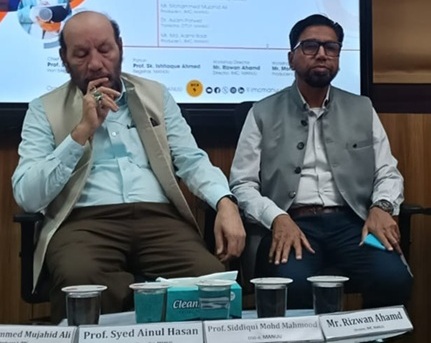
Q. What is the remedy then?
I was coming to that. The remedy lies in a robust recruitment system capable of selecting teachers who possess both the necessary expertise and a genuine passion for the job. While teaching requires a solid knowledge base, the ability to impart that knowledge in a way that can be understood by all students, regardless of their individual levels of comprehension, is even more crucial.
The system must prioritize hiring teachers with creative and innovative approaches. However, given the limited availability of such teachers, we must work with those we have and focus on their consistent professional development. This can be achieved through regular training, participation in seminars, conferences, and workshops, all aimed at honing their skills and redefining their approaches. However, everything should be need-based before implementing these remedial measures. Teachers should first be properly evaluated to identify their shortcomings and areas for improvement.
Q. We have seen teachers undergo training at various stages, yet they often fail to make a meaningful impact. What could be the reasons for this?
Even the best training programs are ineffective if teachers lack moral integrity and fail to empathize with the misdirection of our youth. Therefore, instilling the values of ethics, empathy, and morality should always be an integral part of teacher training programs. Without these values, even well-trained teachers may fail to contribute meaningfully to the system.
No doubt, we have some exceptional teachers. However, many limit their focus to their jobs and families, showing little initiative to further improve the education system. True change requires teachers with empathy and a passion for shaping the future. A teacher must realize that teaching is not just a profession but a mission to uplift society. Therefore, training programs should go beyond skill development, cultivating responsiveness and a deep sense of connection to the needs of our students.
I often quote our former president Dr. Zakir Husain’s profound words: “On the title page of the life-book of a teacher, what is written is not knowledge but the subject of love.” It is qualities like love, affection, and empathy that draw students toward their teachers. Once a connection is established between a teacher and a student, teaching and learning become more effective and transform into an experience rather than mere effort.
Q. How are the roles of students and parents crucial to improving the system?
Parents, even more than students, play a vital role alongside teachers in improving the education system. They must be vigilant, keeping a close eye on their children’s activities and guiding them away from habits that could hinder their studies or lead them astray from becoming responsible individuals. To achieve this, parents should embody the values they wish to instill, serving as role models of integrity and good character.
At the same time, effective parenting involves being supportive rather than overly imposing. Parents should develop the skills to nurture their children’s growth while fostering open communication and spending quality time together. In addition, regular interaction between teachers and parents is also essential to ensure the child’s progress and development in a balanced, holistic, and harmonious manner.
For students, this is undoubtedly a challenging time as they are being pulled in many directions due to the influence of the internet and mobile phones. The distractions they face today are unprecedented compared to what previous generations encountered. While internet technology has, in some ways, made learning easier, it has also led to addictive behaviors and exposure to harmful influences.
At this juncture, students need empathetic counseling to guide them effectively. After all, a healthy student in body, mind, and soul is the cornerstone of a prosperous future.
Q. There has been a lot of talk about bringing madrasa students into the mainstream. How has Maulana Azad Urdu University (MANNU) contributed to this cause?
Thank you for raising this question. One can observe that a large number of students at our university come from a madrasa background. Over the years, these students have benefitted from our quality mainstream education programs. The key reasons MANNU attracts madrasa students are its medium of instruction, which is Urdu, and the environment, which closely mirrors the atmosphere of their institutions. Another important reason is that MANU’s fee structure is relatively low, making it affordable for these students. Additionally, for those who are very poor, we offer scholarship programs and have partnerships with various NGOs, through which they can gain admission to our institution.
We recognize the varying levels of education provided by madrasas and offer admission to students accordingly. If a madrasa graduate holds an equivalent of a 10+2 qualification, we admit them into undergraduate programs. For instance, a Fazilat student graduating from a madrasa is eligible for postgraduate courses. Furthermore, we have been working on developing our own secondary and senior secondary education board to help these students bridge any gaps in their mainstream education, ensuring they face no challenges in the job market.
Q. Given that Urdu is the medium of instruction at MANNU, does this pose any challenges for students in their future path?
There has been general contention that one can provide school level education in Urdu or any other regional languages but when it comes to technical and professional education English is must. But we have successfully altered that perception. We have ensured that all education in the university be provided in Urdu and have set an example to other to follow. Although it was challenged at the beginning, but with dedication and a mission in mind we have achieved this exemplary model.
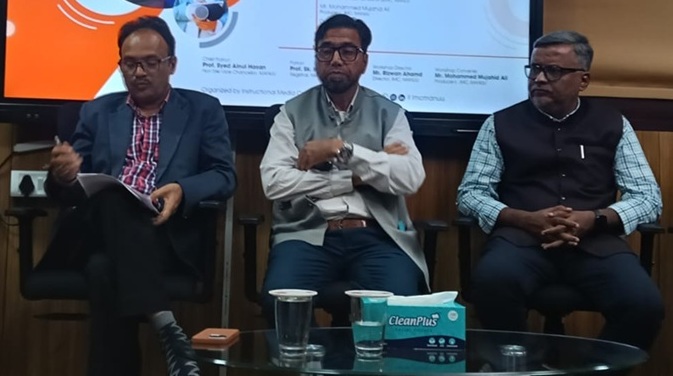
Nevertheless, we haven’t overlooked the future prospects of our students. With a robust system in place, every program at our university is of exceptional quality because we have invested considerable effort in developing these programs. Despite using Urdu as the medium of instruction, these programs have significantly enhanced our students’ knowledge and competence.
To further support their education, we offer a variety of programs, such as Spoken English, Personality Development, and more, to help them overcome the challenges of employability. As graduates of our university, our students don’t just have access to the same opportunities as others—they also enjoy unique opportunities that are available exclusively to students from an Urdu background.
Dr. Mahmood Siddiqui’s insights offer a clear vision for addressing the challenges in education through inclusive practices, robust teacher training, and student empowerment. His leadership at Maulana Azad National Urdu University exemplifies a commitment to bridging gaps in education while fostering a system rooted in empathy, excellence, and opportunity for all.

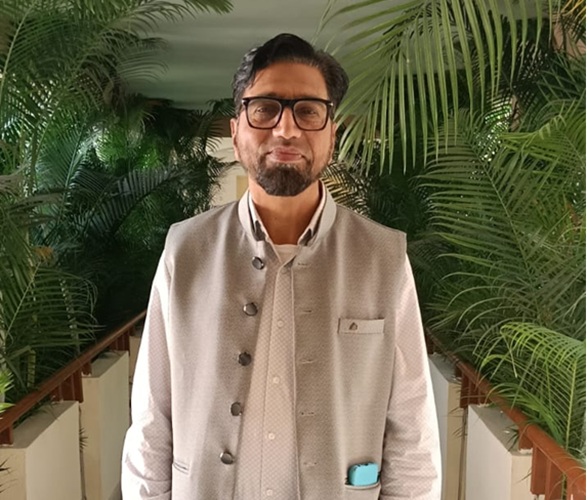
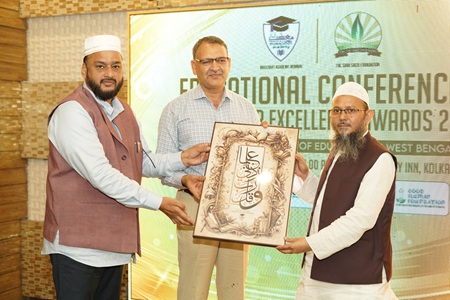
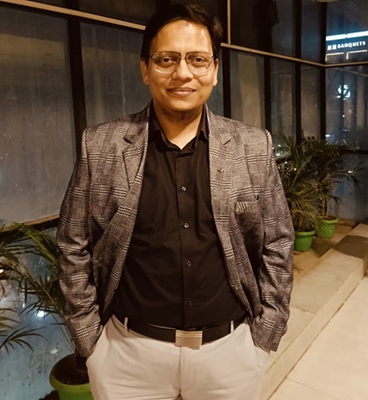

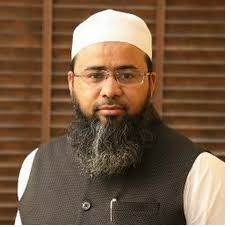
0 Comments